“Sticking to sports” or being told to “shut up and dribble” has never been easy for athletes. Sports are often connected with current events, as athletes are people beyond their sport and are deeply affected by what happens in the world.
In every discipline, athletes have been some of the most vocal activists, especially in the 20th and 21st centuries.
With the ongoing Black Lives Matter protests across the world, racism has been at the forefront of the news, with sports leagues not being exempt from this social movement.
From the NBA to the Premier League, players and teams have recognized the abuse of civil rights in the U.S. and beyond regarding police brutality.
Currently, all eyes have been on Haitian-Japanese tennis player Naomi Osaka when she won the U.S. Open Sept. 12, wearing masks emblazoned with the different names of victims of police brutality and racial injustice in the U.S. on each day of her games. George Floyd, Trayvon Martin, Ahmaud Arbery, Elijah McClain and Breonna Taylor were some names who featured on her masks.
From the NBA to the Premier League, players and teams have recognized the abuse of civil rights in the U.S. and beyond regarding police brutality.
Osaka’s protests are a prime example of athletes using their platforms to support social justice, and, though all protests face backlash from those who oppose their views, current strikes and protests would not be as successful and widely appreciated as they are without the decades of protests that occurred beforehand.
In particular, the 1960s is a standout period in U.S. history, as it was a time of social change and activism, particularly in regards to race relations, and advocacy in sports was a key aspect of the movement.
Muhammad Ali, 1966:
Muhammad Ali was an American professional heavyweight boxer who passed away in 2016. At the age of 23, Ali was the first to defeat a reigning champion Sonny Liston to win the World Heavyweight Champion belt.
At the peak of his career, Ali was drafted to fight in the Vietnam war, however, he refused to enlist in the army. He felt that, as a Muslim, fighting in the war would be against his personal and religious morals.
Ali highlighted the hypocrisy of the U.S. in their treatment of Muslims, and that his real enemies are within his country.
According to the Atlantic, as a consequence of his refusal, Ali was stripped of his title, lost his license to box in the U.S. and his visas to fight abroad were also revoked.
Despite these consequences, Ali did not back down. In fact, he highlighted the hypocrisy of the U.S. in their treatment of Muslims, and that his real enemies are within his country.
Kathrine Switzer, 1967:
According to the New Yorker, the Boston Marathon is the U.S.’ oldest and most important race, however, until 1972, women were excluded from competing in the event.
In 1967, Kathrine Switzer became the first woman to officially run the Boston Marathon when she disguised her identity by registering with her initials rather than her full name.
In her memoir, Switzer said that as she readied at the start line, the majority of her male competitors were excited to see a woman running the race.
However, once she actually started running, race officials attempted to physically remove her from the course. Switzer evaded them and completed the marathon in just over 4 hours.
After the Boston Marathon, Switzer continued to race against men, campaigning for gender equality in sports through the creation of the women’s Avon Running Circuit in 1978, and later advocating for the addition of the women’s marathon into the Olympics, which occurred at the Los Angeles games in 1981.
Tommie Smith and John Carlos, 1968:
At the 1968 Mexico Olympics, U.S. sprinters Tommie Smith and John Carlos staged a silent protest against against racial discrimination in the U.S.
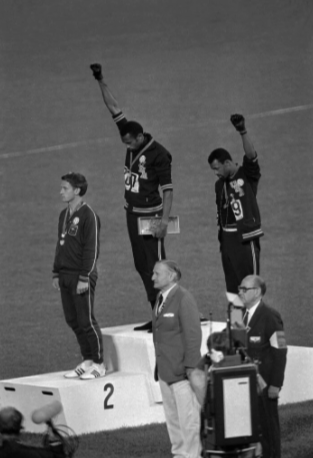
They stood with their heads bowed and gloved fists raised as the U.S. national anthem played during the 200m medal ceremony.
According to the BBC Smith said he had raised his right fist to represent black power in the U.S., while Carlos’ left fist was raised to represent black unity.
In addition, Smith and Carlos wore black socks with no shoes to represent Black poverty in the U.S. and a black scarf to represent Black pride.
White Australian sprinter Peter Norman, who stood in the second place spot on the podium, did not actively participate in the silent protest, but he did wear a badge for the U.S. organization Olympic Project for Human Rights.
According to the BBC, After the protest, Smith and Carlos were condemned by the International Olympic Committee because the protest was deemed a “deliberate and violent breach of the fundamental principles of the Olympic spirit,” and sent back to the U.S. early.
Nevertheless, in recent years, Tommie and Carlos have been globally honored for their protest.
These are just three examples of athletes embodying the spirit of activism, but there are many who exist beyond this article. Athletes such as Jesse Owens, Jackie Robinson, Billie Jean King, Bill Russell and Althea Gibson were also catalysts for momentous changes both within their respective sports and wider societies.
Despite their efforts and sacrifices, we are living in a time where social equality is still sought after. Thus, supporting protests in all forms is essential to supporting the current social justice movements.

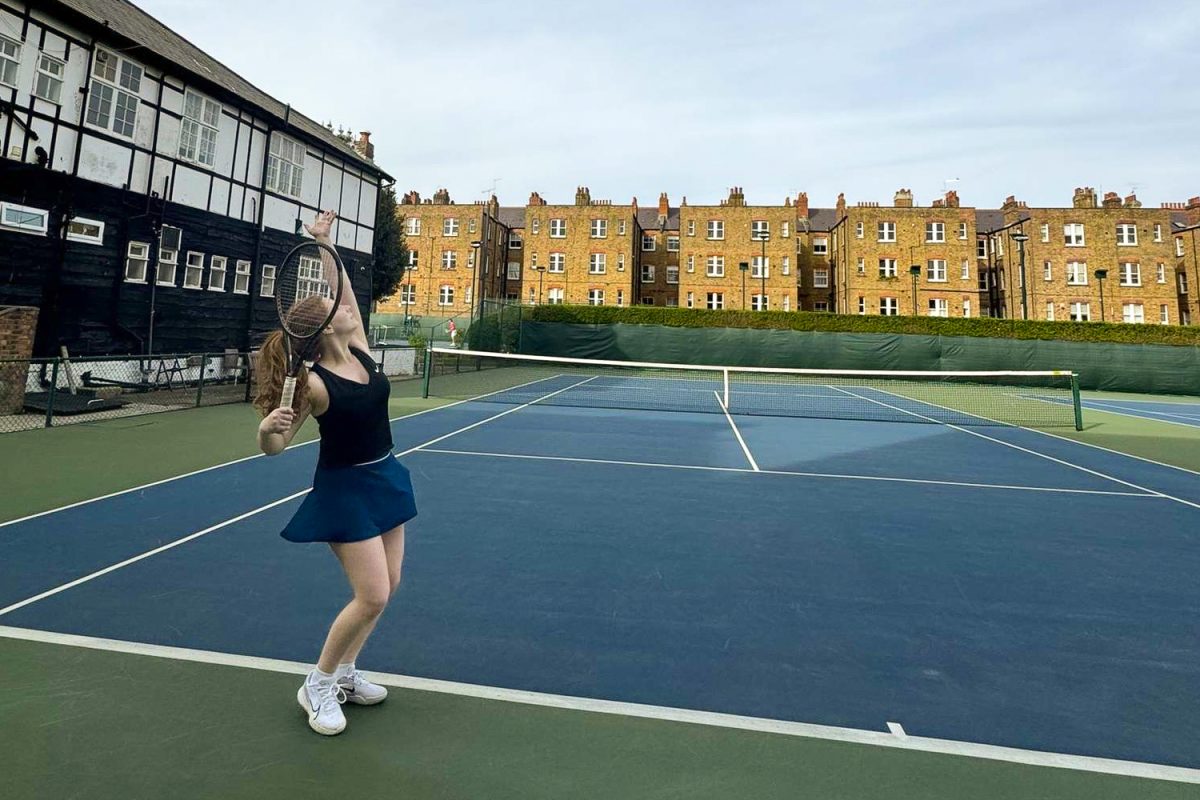

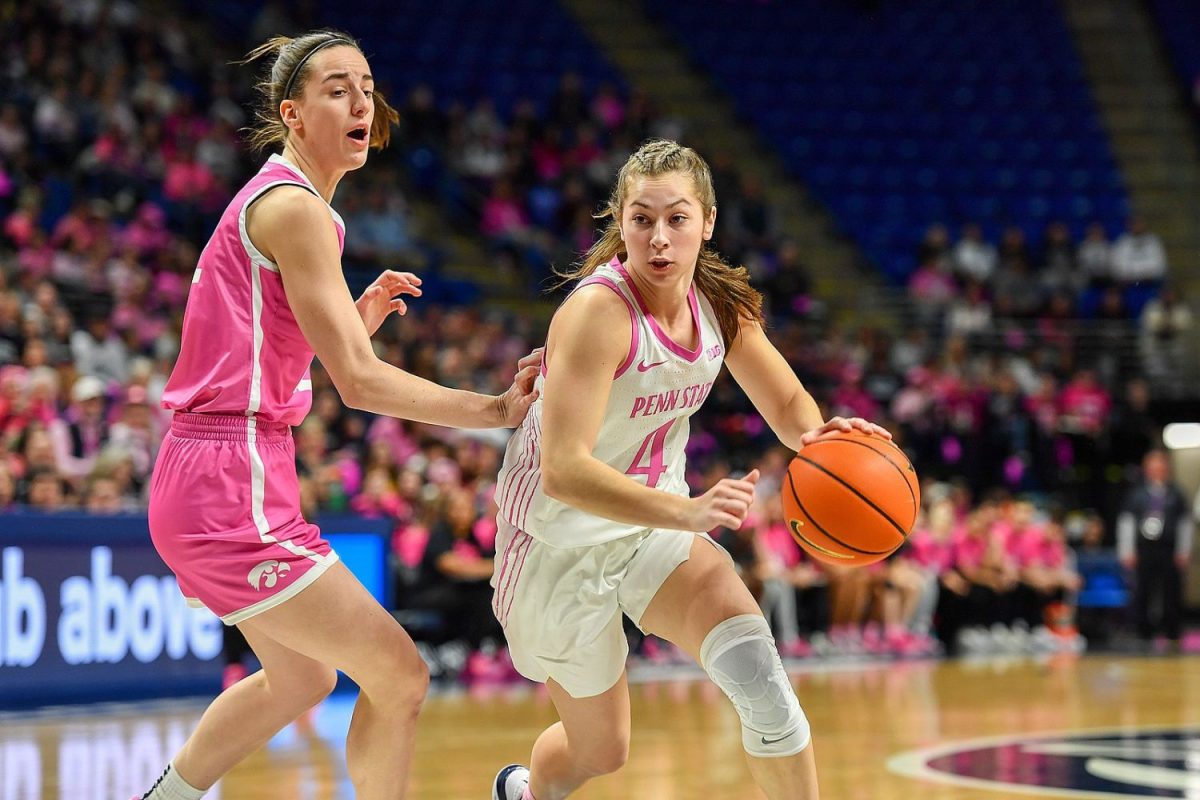


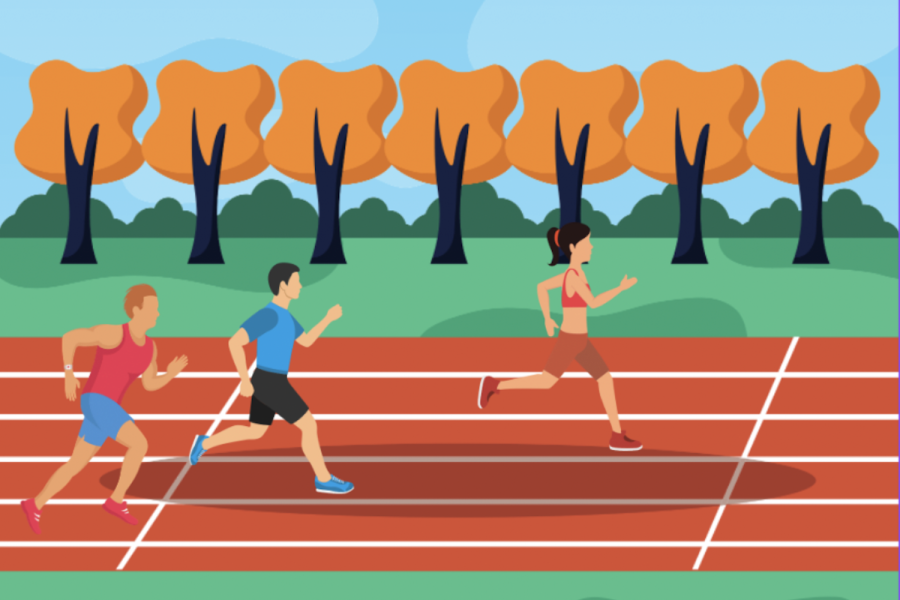

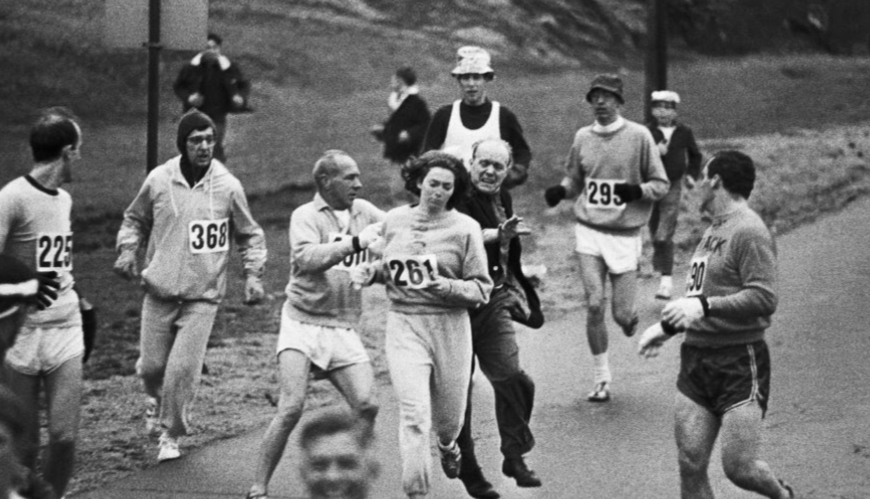

Peggy Elhadj • Sep 29, 2020 at 9:14 pm
Important article Jasmin!